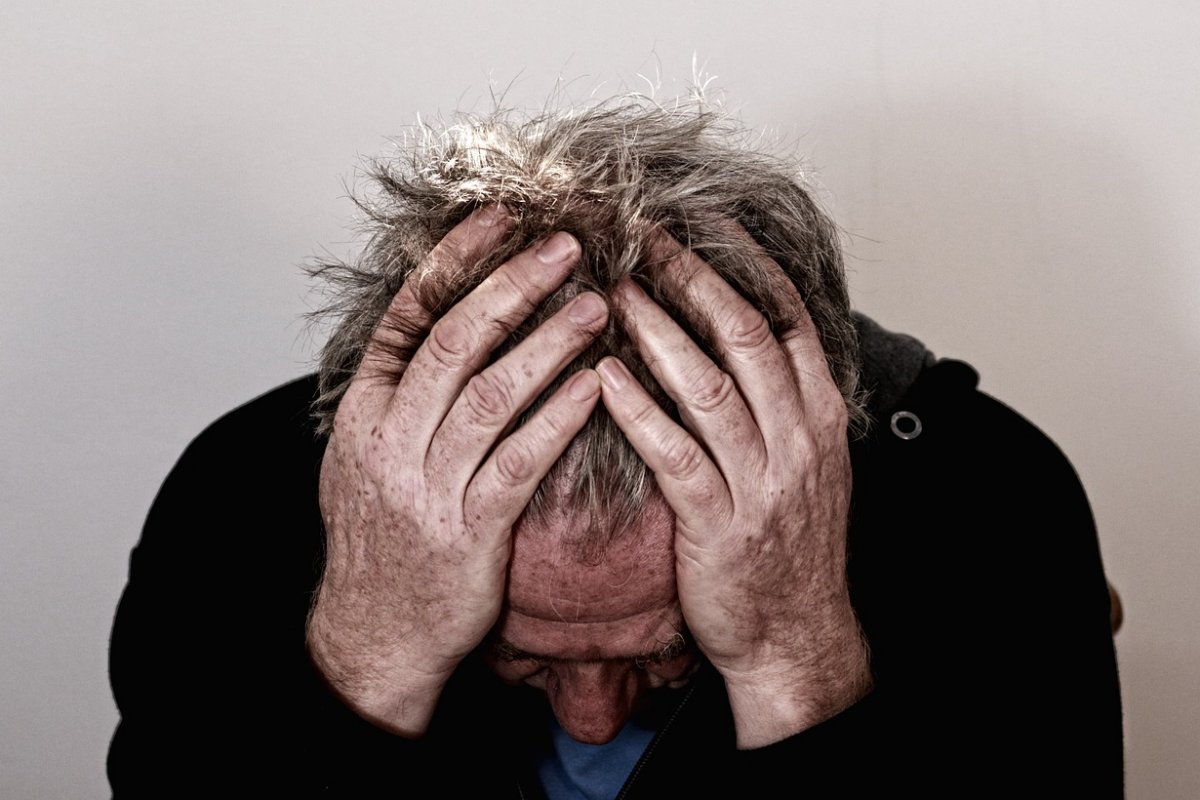
Countless reports highlight the physical and mental burden of cancer on terminally ill patients.
< br>Palliative care is organized by health services to provide comfort to the terminally ill and their families. One of the main components of this treatment approach is symptom relief, so determining the nature of the symptoms is critical to intervention. Research shows that three symptoms are common in palliative care for cancer patients.
Pain is a common affliction in all stages of cancer,but its prevalence increases as the disease progresses.
br>”Pain in cancer is often described as a dull ache, pressure, burning or tingling. Moreover, the type of pain often provides valuable information about its source,” says oncologist Andrey Vorobyov, especially for MedikForum.
Hope for the hopeless: Don has a department that creates conditions to improve the lives of terminally ill children
To assess the severity of symptoms in terminally ill patients, studies have collected valuable data on patients receiving palliative care.
“Among the 824 patients recruited with advanced cancer, 78.4 percent of respondents reported pain.”
Two other common symptoms were anorexia, seen in 64.4% of patients, and constipation, seen in 63.5% of cases. The severity of these symptoms decreases in the first week of the patient's stay in the palliative care unit.
How to cope with pain? Stavropol doctors discussed palliative care for patients
In addition, gender differences seemed to influence the varying degree of improvement in symptoms observed during the study.
Female patients, for example, showed higher scores on scales vomiting, anorexia, edema, depression and anxietycompared to male patients.
Patient with gastrointestinal cancer had higher scores on scales constipation, vomiting , anorexia, edema, depression and anxiety.
Earlier, MedicForum wrote about foods that should not be eaten on an empty stomach.
Important! Information provided for reference purposes. Ask a specialist about contraindications and side effects and under no circumstances self-medicate. At the first sign of illness, consult a doctor.
